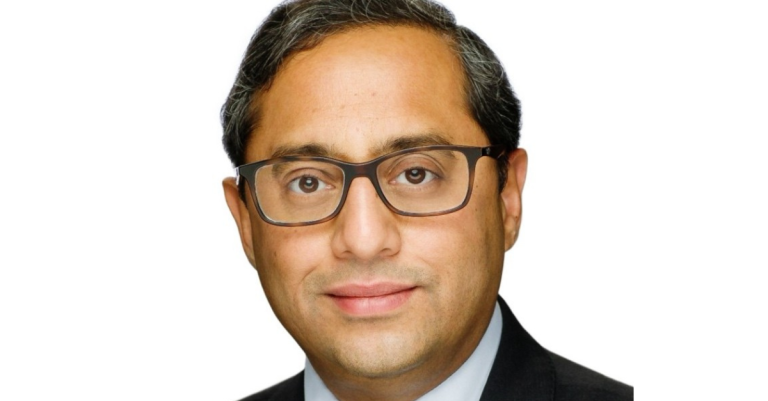Two major proxy advisory firms, Glass Lewis and ISS STOXX, are undergoing a major transformative shift that will reshape how investors approach stewardship. What does this mean for public companies communicating with investors on governance issues?
A third firm, Broadridge, is embedding customization deeper into its voting infrastructure. Together, these shifts signal the emergence of a modular, investor-defined era in proxy research and execution, replacing universal recommendations with bespoke stewardship frameworks.
The Post-Benchmark Era
According to Reuters reporting, Glass Lewis’ will sunset its “benchmark” or “house-view” voting recommendations by 2027, establishing a clear turning point. Instead of a default recommendation, beginning that year, clients will choose from customizable “perspectives” aligned with their governance philosophies—such as “management-aligned,” “governance fundamentals,” “active owner,” and “sustainability.” This shift reflects diverging investor preferences, regional nuances, and growing scrutiny of ESG-related proxy advice in the U.S. It acknowledges that fiduciary responsibility varies across investor types, from index funds to sovereign wealth funds.
ISS STOXX and the Modular Research Model
ISS STOXX is evolving from a vote recommendation engine to a data and research infrastructure provider. Its new offerings, Gov360 and Custom Lens, support proprietary stewardship programs for institutional investors. Gov360 delivers impartial, data-driven meeting research without vote recommendations. Custom Lens enables clients to embed their own policy logic into report structures, effectively creating investor-branded analyses. These reports can be white-labeled and distributed through client channels, reinforcing ISS STOXX’s pivot to modular, client-driven solutions. The trend represents a move from advisory uniformity to technological enablement as investors gain tools to design, rather than adopt, stewardship logic.
Broadridge: Infrastructure Becomes Policy
Broadridge is expanding beyond proxy voting infrastructure into the policy layer. Broadridge has historically been viewed as the plumbing of proxy voting. Its institutional platform will now support customizable rule engines, pass-through voting logic, and integrated services across reconciliation, reporting, and disclosure. The firm’s 2025 partnership with Upvest will extend these capabilities globally. ProxyEdge and Proxy Management platforms offer automation and rules-based workflows, allowing institutions to tailor vote processing and compliance. This shift repositions Broadridge from a service intermediary to a governance infrastructure provider that embeds customization directly into operational systems.
The Emerging Opportunity and Complex Landscape
The combined effect of these developments is eroding the shared “benchmark anchor.” Without default frameworks from Glass Lewis or ISS, investors must define and govern their own voting policies. This evolution will bring:
- Greater diversity in stewardship frameworks, shaped by regional norms and client mandates.
- Increased operational complexity, as investors reconcile custom logic across platforms.
- New emphasis on stewardship design, based on the sophistication of stewardship design rather than vote recommendation simplicity.
What This Means for Public Companies: A Higher Bar for Disclosures
For issuers, this fragmentation raises the bar for precision in governance disclosures. Like never before, investor communications will need to resonate across multiple customized frameworks, and companies will need strong proxy advice that enables them to translate conviction into customized, data-backed governance decisions. Issuer transparency and narrative clarity will be critical to shaping how decisions are understood and evaluated. For company leaders and communications teams, navigating this change will require both investor insight and new technological familiarity. Early adopters will be best positioned to maintain trust and influence in a post-benchmark world.
Looking Ahead
Though 2027 may seem distant, the transition is already underway. Investors will soon begin piloting proprietary voting models while vendors refine integrations and reporting tools. Advisory firms that guide clients through this shift will lead the next phase of stewardship—acting as architects of governance frameworks rather than interpreters of external recommendations.
In the long arc of stewardship evolution, this moment marks a quiet but profound realignment. The locus of judgment is moving from proxy advisers to investors themselves as the tools catch up to the philosophy. Those issuers who move quickly and thoughtfully to recalibrate their messaging, disclosures, and engagement strategies to this emerging environment will realize lasting advantage.
Gabriel Hasson serves as Global Head of Governance & Shareholder Advisory at ICR, guiding companies through the intricacies of corporate governance, shareholder engagement, and capital markets strategy. Prior to joining ICR, Gabe was an Investment Stewardship Director at BlackRock overseeing a portfolio of more than $400 billion in the U.S., Canada and Latin America, and held senior roles at Deloitte and ISS. Gabe currently serves on the Public Policy Committee of the International Corporate Governance Network (ICGN) and is an advisory board member of BH Compliance.



